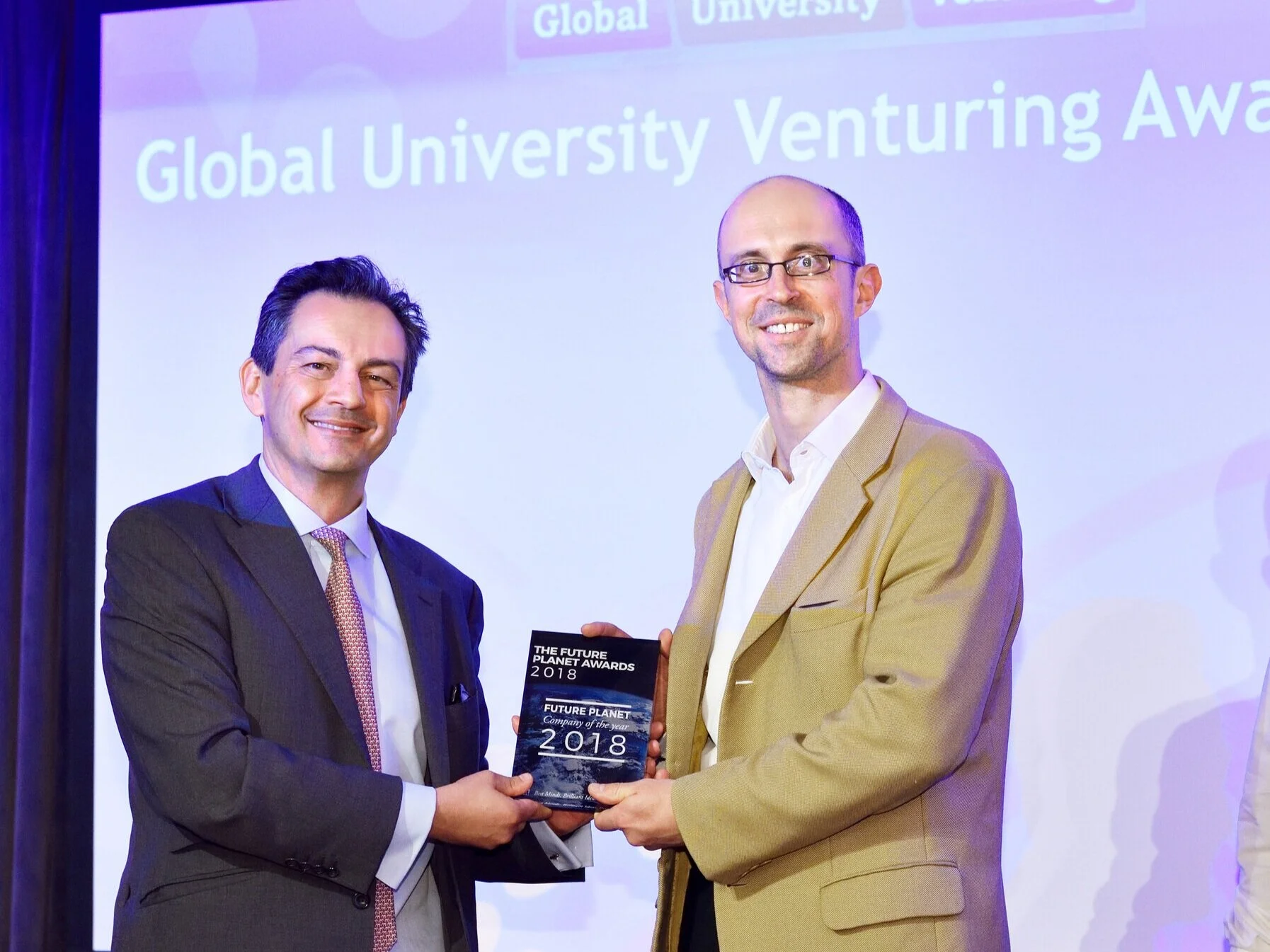|
||||||||||||||||||||||||||||||||||||||||||||||||||||||||||||||||||||||||||||||||||||||||||||||||||||||||||||||||||||||||||||||||||||||||||||||||||||||||||||||||||||||||||||||||||||||||||||||||||||||||||||||||||||||||||||||||||||||||||||||||||||||||||||||||||||||||||||||||||||||||||||||||||
Future Thinking: Defence & Security
|
||||||||||||||||||||||||||||||||||||||||||||||||||||||||||||||||||||||||||||||||||||||||||||||||||||||||||||||||||||||||||||||||||||||||||||||||||||||||||||||||
Future Thinking: Supply Chain Security
|
||||||||||||||||||||||||||||||||||||||||||||||||||||||||||||||||||||||||||||||||||||||||||||||||||||||||||||||||||||||||||||||||||||||||||||||||||||||||||||||||||||||||||||||||||||||||||||||||||||||||||||||||||||||||||||||||||||||||||||||||||||
Future Thinking: What lessons can we learn from COVID-19?
|
Future Thinking: The Nexus of Innovation and Global Health
|
Future Thinking: The Next Generation Healthcare
|
Lord Wei and Future Planet Capital call for global shake up of investment rules in new report
The Wei Forward Report II, which launches today, curates industry and academic insight from leading investors, regulators, policy makers and thought leaders, providing recommendations as to how best encourage capital allocation to impactful solutions for global issues. The research was led by the Conservative Peer, Lord Wei of Shoreditch, and his research was commissioned by Future Planet Capital, the impact-led global university venture capital firm.
The Wei Forward Report II is based on extensive research and interviews with a wide cross-section of industry participants and experts. Leading VC investors, pension funds, insurers, sovereign wealth funds, policy makers and academics have all contributed to the report, the second in a series of three.
“Our latest report takes the reforms set out by the government in Edinburgh even further and suggests ways in which investors, regulators and governments can upskill, collaborate and make impactful investments. A tougher funding environment means we have to raise our ambition higher than ever and demand more of investors.”
The findings come after the UK government announced the Edinburgh Reforms, a substantial package of policy initiatives aimed at making the UK’s financial services sector more globally competitive, sustainable, and technologically advanced.
The Wei Forward Report backs the reforms, viewing them as a golden opportunity to bring down regulatory barriers to innovation and competitiveness in financial services, which are currently holding back institutional investors – such as pension funds and insurers – from pursuing fixing long-term problems with private capital.
By calling for a radical rethink of the impactful investing policy framework, the Wei Forward Report II provides a range of recommendations to accelerate the commercialisation of innovative science and technology-based solutions to environmental and social challenges. The recommendations seek to capitalise on Prime Minister’s Rishi Sunak’s recent announcement of a £20bn increase in R&D funding for innovations that solve challenges such as energy security and net zero.
“In this report, I very much hope that the solutions advocated by Lord Wei, and many contributing experts, can be quickly studied, evaluated, improved and implemented. Most importantly, this report is a call to action. Our industry, governments, scientists and savers must and need to act now.”
Key recommendations from the Wei Forward Report II include:
A government stimulation of funding from pension funds and insurers, into investments that can solve short-term global issues such as the cost-of-living crisis. The UK’s Local Government Pension Schemes, administering 77 pension funds and serving public servants, represent a powerful source of impact capital for governments determining their governance. It is estimated that if the government matched this 10% impact pledge, it would generate £35 billion of positive impact.
A plan to drive impact investment by encouraging pension funds to require their investment committees to include trustees with a comprehensive and robust knowledge of impact investment. This will transform pension funds from the top down and drive them to always put impact at the heart of their investment strategies.
A new educational programme centring around regulation within the impact space. Emulating the success of the Teach First programme, this proposed scheme will bring individuals with STEM backgrounds into regulatory technology roles.
Calling for Sovereign Wealth Funds to align their investment strategy with positive impact frameworks, by providing a mechanism that underwrites part of the impact-related income of pension funds and insurers. This would ensure that regulators can relax rules such as Solvency II for such purposes, without concerns that this would increase systemic risk.
Encouraging insurers, who are acutely aware of the adverse effects climate change will have on their business models, to set aside profits that can be put into a joint industry-wide foundation established to invest into alternatives such as venture and PE for impact.
“Finance can be a huge force for good, driving impact that changes people’s lives and environments for better – but we need both government and finance to adapt if this impact is to be fully released. This is an important report with key recommendations that are well worth the consideration of institutional investors and government alike.”
The final Wei Forward Report will focus on impact measurement frameworks and will be released in 2023/early 2024.
Future Thinking: The future of Fusion Energy looks bright
|








































